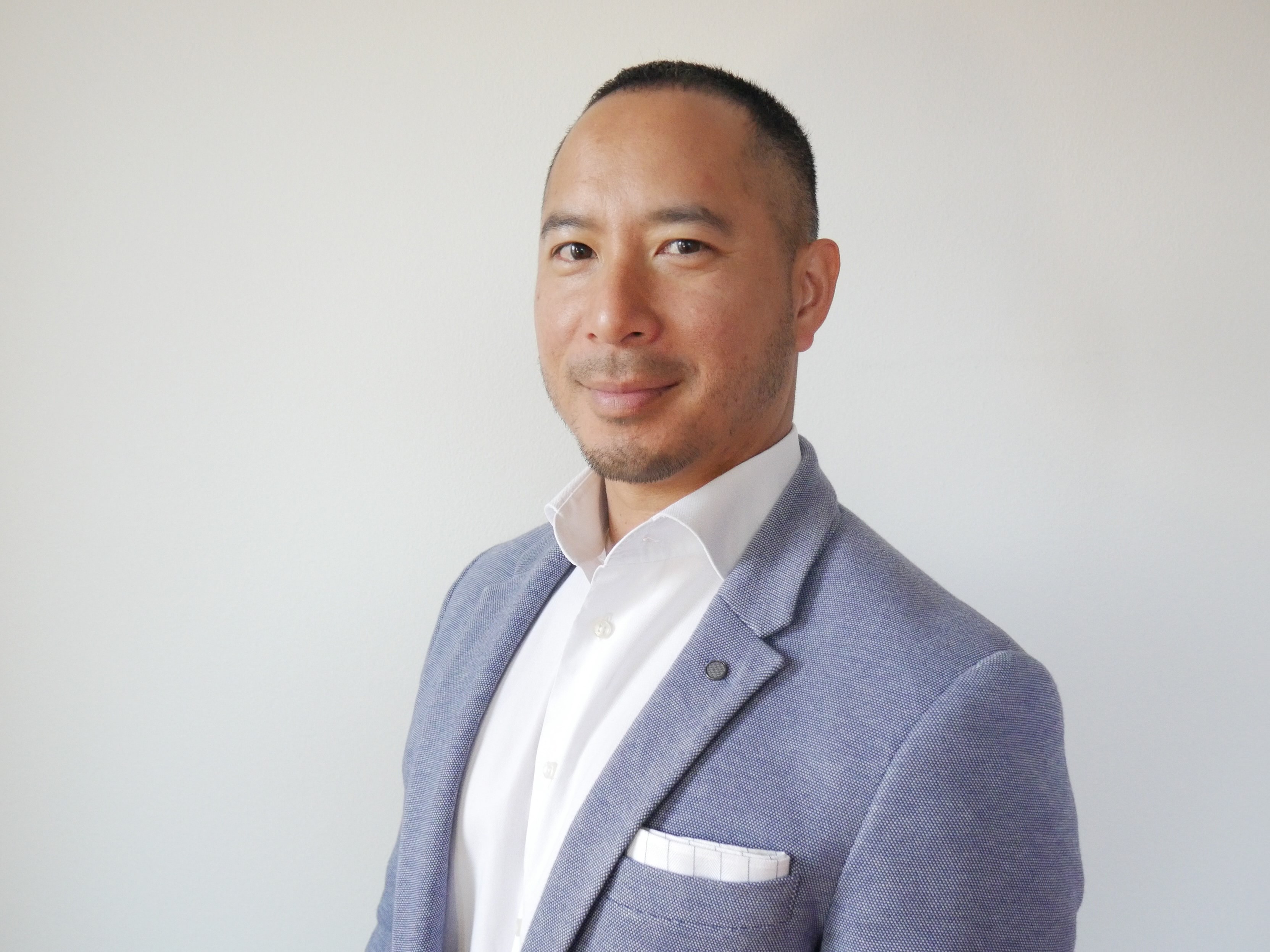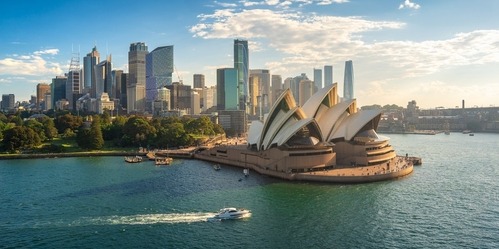
Australia rekindling relationships with the Muslim World
There was a palpable silence at the end of a premier screening of the documentary ‘Before 1770’ held late last year, punctuated only by distant sobs and the ruffling of tissue packets emanating from the audience of largely Muslim Australians.
The reason why the feature documentary - showcased in multiple screenings across the country - evoked such an impassioned response was because it represented the connection Australia and its First Nations people held with the Muslim world.
This deep connection, starting sometime in the mid-1600s, lasted for centuries until 1907 when the last ‘Perahu’ (sailing boat) from Makassar visited Arnhem land in Northern Australia.

The reason why it resonated strongly with Muslim Australians, was because it was an untold story omitted from Australian history books; a tale intricately linking them with Australia’s First Nations people and their legacy.
Before White colonisation, Muslim Bugis and Makassar traders would sail with the monsoon winds via the Flores and Savu seas, arriving on the shores of Northern Australia in places like the Kimberley and Arnhem Land to meet First Nations trading partners like the Yolŋu people.
They would trade in trepang, a type of sea cucumber which was a delicacy and an aphrodisiac they would sell to lucrative Chinese markets. While their motivations for visiting Australia might have been for trepang, this was all part of wider regional trade patterns which connected Arab, Indian and Chinese markets via the Malay Archipelago.
These same Bugis seafaring traders would find themselves immersed in mercantile activity in historic port cities dotted across the Indian ocean like Aden, Muscat, and even as far as Zanzibar.
Australia for them, was just part of an ancient maritime silk road that swapped out camels for Perahu sailing boats that covered vast distances with monsoonal winds.
Fast forward a hundred years or so with the rise of the modern global Islamic economy, the vibrant Australian Muslim community like the Bugis before them, are rekindling historic linkages with the Muslim world through trade, halal food and Islamic finance.
Australia is a melting point of a vibrant and dynamic Muslim population base comprising more than 70 different ethnicities. Nearly a million Muslims - more than half under the age of 25 -reside in growth areas in all the major cities and help create robust networks for business and investment opportunities.
Halal food is now an AU$2 billion industry that helps serve the local Muslim community as well as major export markets such as Indonesia, Malaysia, the UAE and Saudi Arabia. Over 70% of Australian abattoirs are now reported to be halal certified.
Muslim students from around the world are fostering long-lasting linkages with Australia. More than 30,000 students from Malaysia, Indonesia, and Pakistan and over 15,000 from the GCC are enrolled across universities and higher education institutes in the country. The Brunei government sends hundreds of students on scholarships to Australian universities each year.
Education services with Muslim-majority countries amount to nearly AU$4 billion annually, generating revenue as well as creating investment opportunities across several quarters, including student accommodation, migration and employment, and halal food services.
Lastly, Islamic finance is perhaps an untapped gold mine for Australia, having remained under the radar of Islamic investors worldwide for decades. For enterprising investors, Australia emerges as an unexpected yet compelling destination for Islamic investment.
For select Islamic investors, Australia is not a distant continent, rather a destination that is geo-strategically situated on the fringes of vibrant Southeast Asian economies and one that offers a unique combination of a well-regulated market alongside growth opportunities for Islamic-conscious capital.
The recently signed Australia-UAE Comprehensive Economic Partnership Agreement is the first Free Trade Agreement between Australia and a Middle Eastern country, facilitating investments in local projects. Shariah-compliant real estate investment has gained ground too, with institutions such as the National Australia Bank (NAB) offering Islamic products, enabling Muslims to finance their projects.
This unique offering has facilitated numerous partnerships between Islamic investors from the GCC and Southeast Asia and the vibrant and entrepreneurial Muslim business community in Australia.
Shariah-compliant fixed-income solutions is another area of opportunity with Australia one of the rare AAA rated countries in the world according to Moody's, S&P and Fitch. There is a slew of ASX100 companies that are investment grade and above, offering a huge opportunity for Islamic fixed-income products or Sukuk bonds.
With ongoing tariffs and geopolitical realities, perhaps Australia is not as far away as one might believe. With its growing young and dynamic Muslim community, Australia offers a combination of economic stability, diverse investment sectors, and financial governance. Throw delicious halal food in the mix and we have a sweet spot of opportunities.
Perhaps now is the time for Islamic investors to set their sails Down Under.
Dr Imran Lum is the head of Islamic finance at a major Australian bank. He is the host of the ‘Muslim Money’ Podcast and the author of 'A Comparative Study of Riba and Islamic finance in Australia and the UK (Routledge)'.
The opinions shared here are his own and do not reflect the views of his employer

Dr Imran Lum